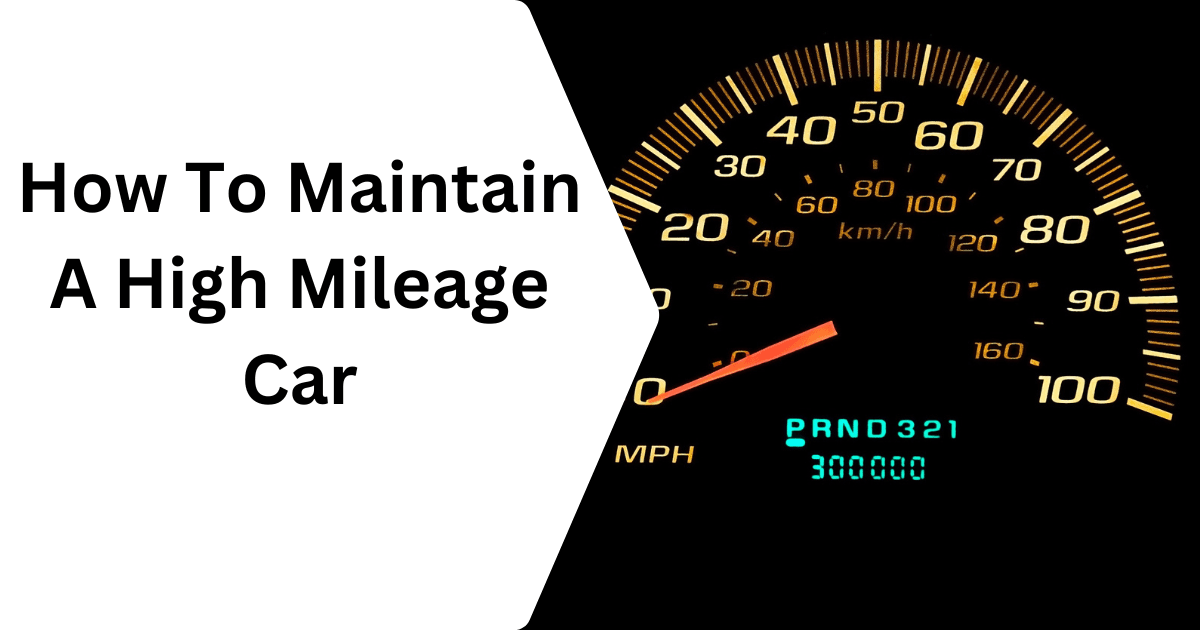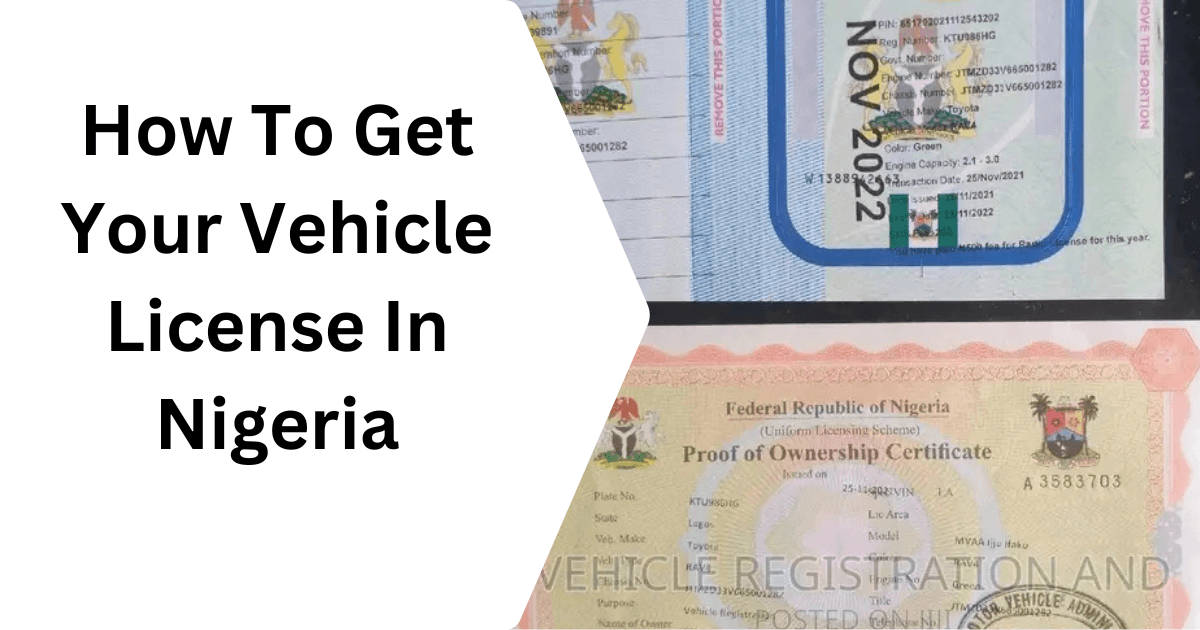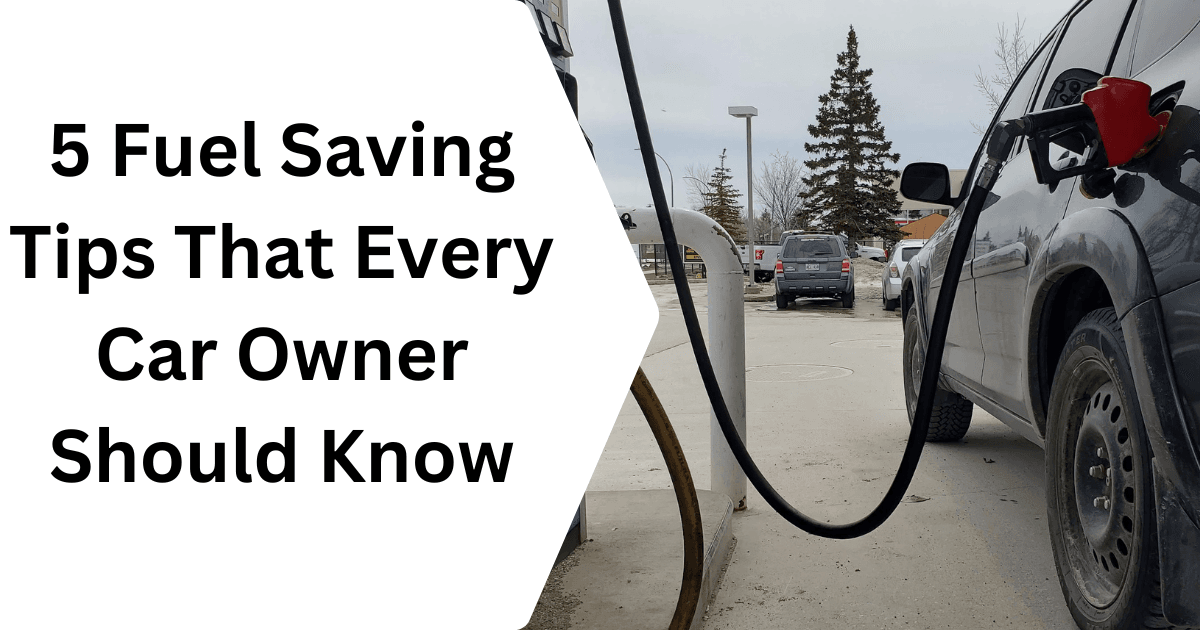Owning a high-mileage car can be rewarding, but it also requires extra care and attention. Cars with higher mileage tend to experience more wear and tear, making regular maintenance crucial to keeping them reliable and road-ready. Fortunately, with a few essential maintenance habits, you can extend the life of your car and enjoy smooth driving for many more miles. Here are some effective tips for taking care of your high-mileage car.
Regular Oil Changes and Fluid Checks
As cars accumulate miles, engine oil breaks down faster, and older engines rely on clean oil to keep parts moving smoothly and prevent excess wear. Changing the oil regularly helps protect the engine from friction and overheating, keeping it in good shape for longer. Many high-mileage cars benefit from switching to high-mileage oil, which includes additives that can reduce leaks and improve engine performance.
In addition to oil, it’s essential to check and top up other fluids like coolant, brake fluid, transmission fluid, and power steering fluid. Each of these plays a role in keeping the car running smoothly—coolant prevents overheating, brake fluid supports braking power, and transmission fluid keeps shifting smooth. In high-mileage cars, these fluids can degrade faster, so regular checks and refills help prevent breakdowns and keep every part of the car working as it should.
Monitor and Maintain the Cooling System
The coolant helps regulate engine temperature by absorbing heat and carrying it away from the engine. In older cars, coolant may become contaminated or lose effectiveness, so it’s important to check it regularly and replace it as needed. Keeping the coolant at the right level and condition helps the engine stay cool and prevents costly overheating issues.
Besides coolant, other parts of the cooling system, like hoses and the radiator, also need regular checks. Hoses can develop cracks or leaks over time, which can lead to coolant leaks and engine overheating. Inspect hoses for any signs of wear and replace them if they’re cracked or brittle. Similarly, check the radiator for leaks or clogs that might block the flow of coolant.
Frequent Tire Care and Alignment
Regular tire care is essential for high-mileage cars, as worn-out tires can affect safety, handling, and fuel efficiency. Checking tire pressure often and keeping it at the recommended level helps improve fuel efficiency and ensures even tire wear. Rotating your tires every few thousand miles also extends their life by allowing them to wear more evenly. Replacing tires as they wear down improves traction and stability, especially on wet or slippery roads.
Alignment is just as important for high-mileage cars, as driving on misaligned wheels can cause uneven tire wear and affect your car’s steering. Misalignment can happen over time or after hitting potholes or bumps. Regular alignment checks help keep the car driving straight and prevent unnecessary strain on the tires and suspension.
Pay Attention to Warning Lights and Unusual Noises
Dashboard warning lights, like the check engine, oil pressure, or battery light, alert you to potential issues before they become serious problems. Ignoring these lights can lead to expensive repairs or even cause the car to break down. When a light comes on, it’s best to check the car’s manual to understand what it means and schedule a repair as soon as possible if needed.
Improve Your Driving Style
Driving gently and smoothly can make a big difference in extending the life of a high-mileage car. Quick starts, sudden braking, and sharp turns put extra strain on the engine, brakes, and suspension. If you accelerate gradually and brake softly, you reduce wear on these parts and keep the car running smoothly. This gentle approach also helps save fuel, making your driving more efficient.
Maintaining a steady speed, especially on highways, is also beneficial. Frequent speeding up and slowing down uses more fuel and puts extra pressure on the engine. Using cruise control when possible on open roads can help you keep a steady pace, reducing stress on your car’s components.
Check on Your Vehicle’s Battery
A high-mileage car’s battery may need extra attention, as batteries tend to lose strength over time. Checking your battery’s condition regularly helps prevent issues like slow starts or sudden breakdowns. Look for signs of a weak battery, such as dim headlights, slow engine starts, or a dashboard warning light. It’s a good idea to clean any corrosion around the battery terminals, as buildup can interfere with the battery’s connection.
It’s also smart to have your battery tested, especially if it’s been in use for a few years. Many auto shops offer free battery testing, which shows whether your battery is still holding a strong charge. If your battery is weak or nearing the end of its life, replacing it early helps avoid the hassle of a dead battery, especially during extreme weather.
Replace Belts and Hoses When Needed
Belts and hoses play a crucial role in keeping high-mileage cars running smoothly. Over time, the serpentine belt, which powers important parts like the alternator, power steering, and air conditioning, can wear down or develop cracks. The timing belt, another critical belt, controls the engine’s timing, ensuring the valves and pistons move correctly. Replacing these belts as recommended by your car’s manual helps avoid unexpected breakdowns and costly repairs, as a broken belt can severely damage the engine.
Hoses also wear out over time and can develop cracks, leaks, or weak spots, especially in high-mileage cars. Coolant hoses, for instance, carry coolant through the engine to prevent overheating, while fuel and brake hoses ensure the safe flow of fuel and brake fluid. Inspecting hoses regularly and replacing them when they show signs of wear, like bulging or leaking, helps keep your car safe and prevents major issues.
Maintaining a high-mileage car requires regular care and attention, but it’s worth the effort. If you follow these simple maintenance tips, you can keep your vehicle running smoothly and avoid costly repairs. Consistent upkeep extends your car’s life and improves its reliability.
FAQs
1. What is considered a high mileage car?
A car is generally considered high mileage if it has over 100,000 miles (approximately 160,000 kilometers) on the odometer. However, with proper maintenance, high mileage cars can remain reliable and perform well for many more miles.
2. How often should I change the oil in a high mileage car?
Oil changes for high mileage cars should be done every 3,000 to 5,000 miles or as recommended by the manufacturer. Using high-mileage motor oil helps reduce wear and tear and protects engine components.
3. What are the key areas to focus on for maintaining a high mileage car?
Pay attention to regular oil changes, fluid levels, tire care, and the cooling system. Additionally, inspect belts, hoses, and the battery to prevent breakdowns and extend the car’s life.
4. How can I improve the performance of a high mileage car?
To improve performance, clean or replace the air filter, use fuel system cleaners, and ensure the spark plugs are in good condition. Regular tune-ups and following the manufacturer’s maintenance schedule will also help maintain optimal performance.
5. Should I use special products for high mileage cars?
Yes, high mileage motor oil and fuel additives designed for older engines can reduce engine wear, minimize oil leaks, and improve fuel efficiency. These products are formulated to address the specific needs of aging vehicles.
Proper maintenance is the key to keeping a high mileage car running smoothly and efficiently. With regular care and attention, your vehicle can stay reliable and perform well for years to come.




